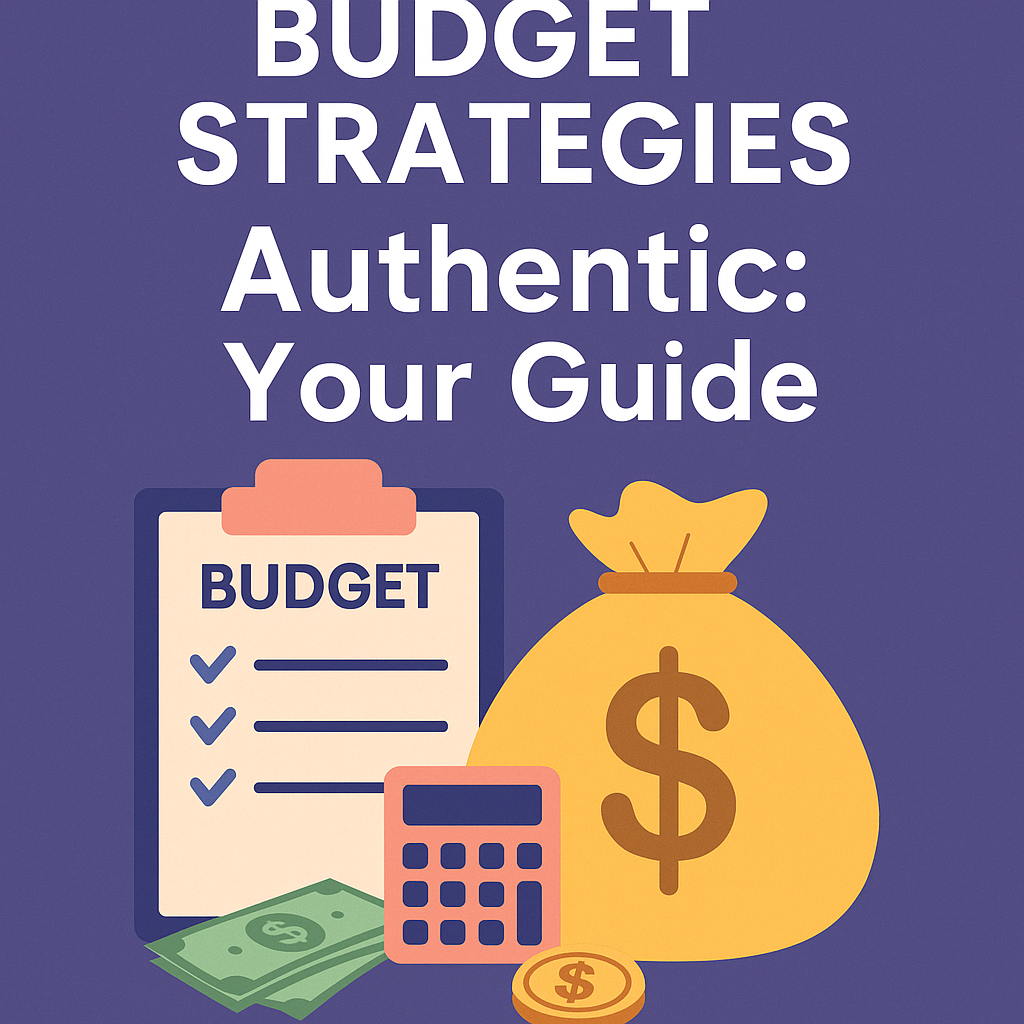Smart saving strategies Phenomenal Freelancer Finances

Smart saving strategies Phenomenal Freelancer Finances, Unlock financial freedom! Learn smart saving strategies designed specifically for freelancers. Master the art of managing your variable income, building a robust financial safety net, along with securing your future with confidence. As a freelancer, your financial landscape is unique, demanding a tailored approach to budgeting, saving, along with investing. This guide provides a comprehensive roadmap to enable you navigate the complexities of freelance finance along with accomplish lasting financial stability.
Smart saving strategies for Freelancers: A Step-by-Step Guide
The key to successful freelance financial planning lies in understanding the nuances of your income along with expenses. Unlike traditional employment, freelance income fluctuates, requiring proactive management along with disciplined saving habits. This step-by-step guide provides actionable strategies to empower you to take control of your financial future.
Step 1: Mastering the Budget for Freelancers
Creating a realistic budget is the cornerstone of any effective financial plan. For freelancers, this involves tracking both income along with expenses meticulously. Utilize budgeting apps along with software designed for self-employed individuals to categorize your spending along with identify areas where you can cut back. The 50/30/20 rule (50% needs, 30% wants, 20% savings along with debt repayment) can be a helpful starting point, yet adjust the percentages to suit your specific circumstances along with freelance income level. Regularly review along with adjust your budget based on income fluctuations along with changing needs.
Step 2: Building a Freelancer Emergency Fund
An emergency fund is non-negotiable for freelancers. Aim to save at least 3-6 months’ worth of living expenses in a readily accessible, lofty-yield savings account. This fund will serve as a buffer during income droughts, unexpected medical expenses, alternatively project delays. Automate your savings by setting up recurring transfers from your checking account to your emergency fund. Consider using online banks alternatively fintech platforms that offer competitive interest rates along with effortless access to your funds.
Step 3: Taming Independent Contractor Taxes
Independent contractor taxes are a significant consideration for freelancers. Unlike employees, you’re responsible for paying both the employer along with employee portions of Social Security along with Medicare taxes (self-employment tax), in addition to federal along with state income taxes. Calculate your estimated tax liability regularly (quarterly is recommended) along with set aside funds accordingly. Explore estimated tax calculators along with consult with a tax professional to ensure you’re meeting your obligations along with maximizing deductions. Consider opening a separate bank account specifically for tax savings to avoid accidentally spending these funds. Leverage tax-advantaged retirement accounts to further minimize your taxable income.
Step 4: Strategic Savings Tips for Freelancers
Beyond the emergency fund, explore various savings strategies to grow your wealth. Consider opening a Health Savings Account (HSA) provided that you have a lofty-deductible health insurance plan. HSAs offer triple tax advantages: tax-deductible contributions, tax-free growth, along with tax-free withdrawals for qualified medical expenses. Explore micro-investing apps that allow you to invest small amounts of money regularly. These platforms often offer automated investing options, making it effortless to build a diversified portfolio. Prioritize paying off lofty-interest debt, such as credit card balances, as this will free up cash flow for saving along with investing.
Step 5: Retirement Planning for Freelancers
Retirement planning is often overlooked by freelancers, yet it’s crucial for long-term financial security. Explore self-employed retirement plans such as SEP IRAs, SIMPLE IRAs, along with solo 401(k)s. These plans offer tax advantages along with allow you to contribute a significant portion of your income. Research the contribution limits along with tax implications of each plan to determine the best option for your circumstances. Consider working with a financial advisor to develop a comprehensive retirement plan that aligns with your goals along with risk tolerance. Take advantage of employer matching contributions provided that you have a spouse with a traditional employer. Prioritize consistent contributions to your retirement accounts, even during periods of lower income.
Step 6: Diversifying Your Freelance Income Streams
Relying on a single client alternatively project can be risky. Diversify your freelance income streams to mitigate the impact of losing a client alternatively experiencing a slowdown in demand. Explore different service offerings, platforms, along with industries. Build a mighty online presence through a professional website, social media, along with online portfolios. Network with other freelancers along with potential clients to expand your reach. Consider offering online courses, workshops, alternatively coaching services to generate passive income.
Step 7: Automating Your Finances
Automation is key to simplifying your freelance financial management. Set up automatic transfers to your savings along with investment accounts. implement budgeting apps to track your income along with expenses automatically. Schedule recurring bill payments to avoid late fees along with maintain a good credit score. Automate your invoice generation along with payment reminders to streamline your client billing process. Explore robo-advisors that offer automated investment management services.
Step 8: Continuous Learning along with Adaptation
The financial landscape is constantly evolving, so it’s crucial to stay informed along with adapt your strategies accordingly. Read financial blogs, listen to podcasts, along with attend webinars to learn about new savings tips, investment opportunities, along with tax regulations. Consult with a financial advisor alternatively tax professional regularly to review your plan along with make necessary adjustments. Stay updated on the latest innovations in fintech along with explore new tools along with platforms that can enable you manage your finances more effectively.
Step 9: Protecting Your Freelance Business
Financial security extends beyond personal savings; it includes protecting your business from potential liabilities. Invest in appropriate insurance coverage, such as professional liability insurance (errors along with omissions insurance) along with general liability insurance. Consider forming a limited liability company (LLC) to separate your personal assets from your business liabilities. Implement mighty cybersecurity measures to protect your client data along with prevent data breaches.
Effective manage money skills can also extend to negotiating better rates with clients. Research industry standards, highlight your value proposition, along with be confident in your pricing. Remember that your time along with expertise are valuable assets.
Conclusion
Freelance financial planning requires a proactive along with disciplined approach. By implementing these smart saving strategies, building a robust freelancer emergency fund, mastering the budget for freelancers, along with diligently managing independent contractor taxes, you can accomplish greater financial security along with peace of mind. Prioritize retirement planning along with diversify your freelance income streams to build long-term wealth.
Embrace apparatus along with automation to simplify your financial management along with stay informed about the latest trends along with best practices. Taking control of your finances empowers you to thrive as a freelancer along with pursue your passion with confidence. Remember, consistent effort along with informed decision-making are the keys to unlocking financial freedom in the world of freelancing. Freelance income can be unpredictable, yet your commitment to saving doesn’t have to be.





